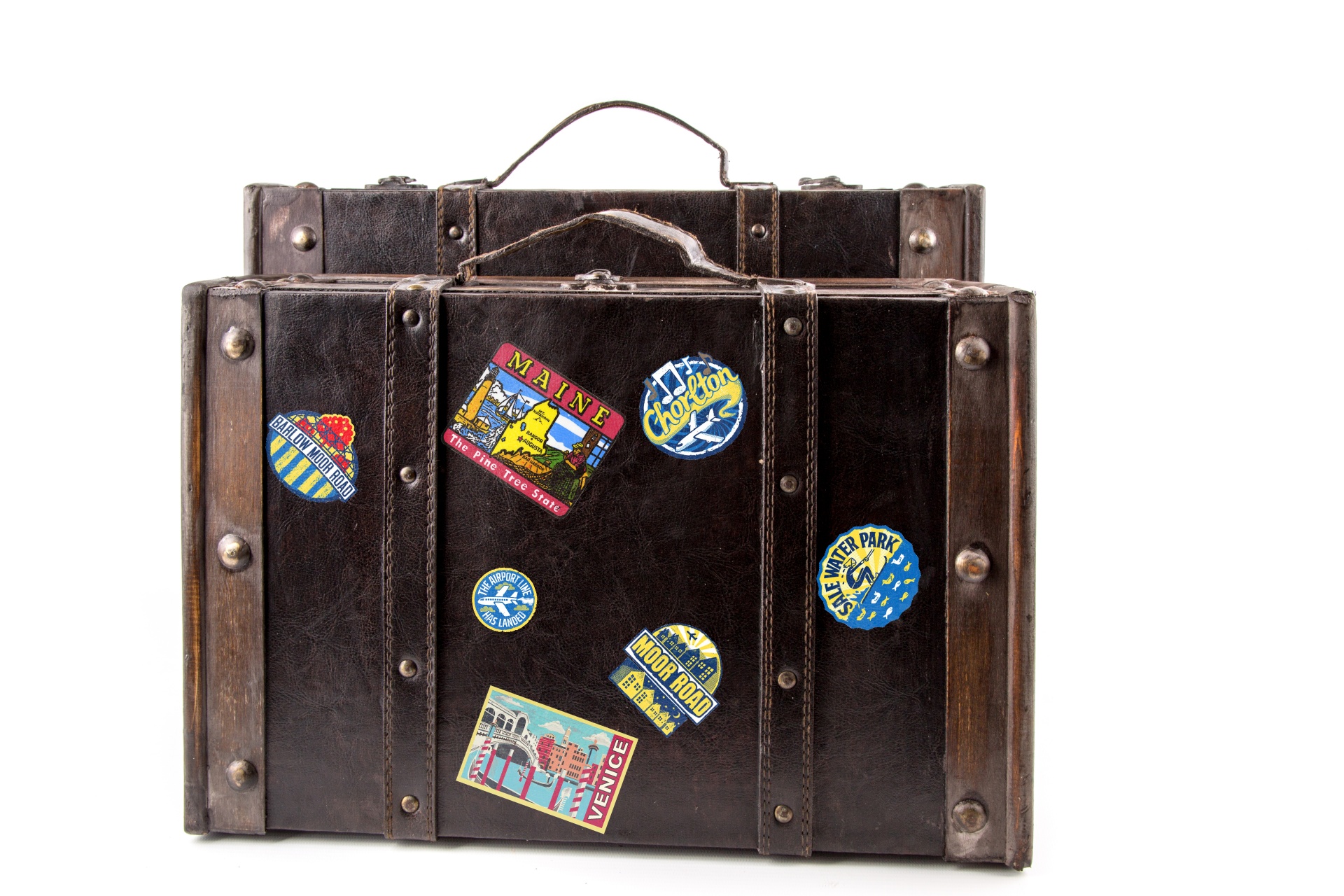Traveling is a great way to explore the world we live in and learn more about the environment. However, some traveling can often be harmful for the environment. The development of tourism infrastructures can often come at the cost of local ecology and wildlife. Tourism can also put excessive pressure on vital local resources, such as water, energy, and wildlife; not to mention the strain on local waste management systems because of the amount of waste and pollution. A major issue is the improper disposal of trash, raw sewage, and toxic chemicals by tourists, hotels, cruise ships, and others. This can have detrimental effects on local people and wildlife. Here are some ways to engage in sustainable travel without harming the environment.
- Reduce air travel and carbon offset your flights
While air travel is a fast and convenient way to travel, global aviation is responsible for 2.5% of global CO2 emissions. Avoid traveling by air whenever possible. For some destinations, air travel is often the only option thus, it is not possible to avoid it entirely. In this case, consider carbon offsetting your flights. Carbon offsetting is basically trying to “balance out” one’s CO2 emissions by making voluntary financial contributions to projects that help reduce CO2 emissions. Some airlines offer to carbon offset the flight for you if you pay an extra amount for it at the time you purchase a ticket. There are a lot of other companies that will do it for you as well.
- Be mindful of the local community
Choose where you want to travel, keeping in mind the well being of the local community at your intended travel destination. Tourism puts a strain on local resources and often comes at the cost of the livelihood of local communities. An example of how much harm tourism can cause locally is Hawaii. Avoid traveling to destinations where tourism can negatively impact the environment; if you do travel to such a destination, make ethical and sustainable choices and support local businesses as much as you can.
- Avoid cruises and resorts
Large resorts have high water and energy consumption. Many resorts also concrete over large areas of natural habitat to build guest rooms and swimming pools. A passenger’s carbon footprint triples in size when taking a cruise. Cruise ships have also been caught discarding trash, fuel, and sewage directly into the ocean thus harming marine life. Avoid such unsustainable activities for vacations.
- Look for green accommodations
Do some research into the hotel you plan to stay at. Check whether a hotel employs local staff, source their food locally and use locally sourced building materials and decor. Other environmentally friendly things to be on the look out for are whether the hotel uses solar power, energy-efficient lighting, recycling, is LEED certified and so on.
- Connect with nature
If you love the outdoors, camping is a great way to explore the environment. It is an affordable and environmentally friendly means of accommodation. Another way to connect with nature is wildlife tours however, make sure it is ethical. Look for tours that won’t disturb wildlife and that ensure you are a certain distance away from any animals.
Written by Hanyia Ahmed, Class of 2022

